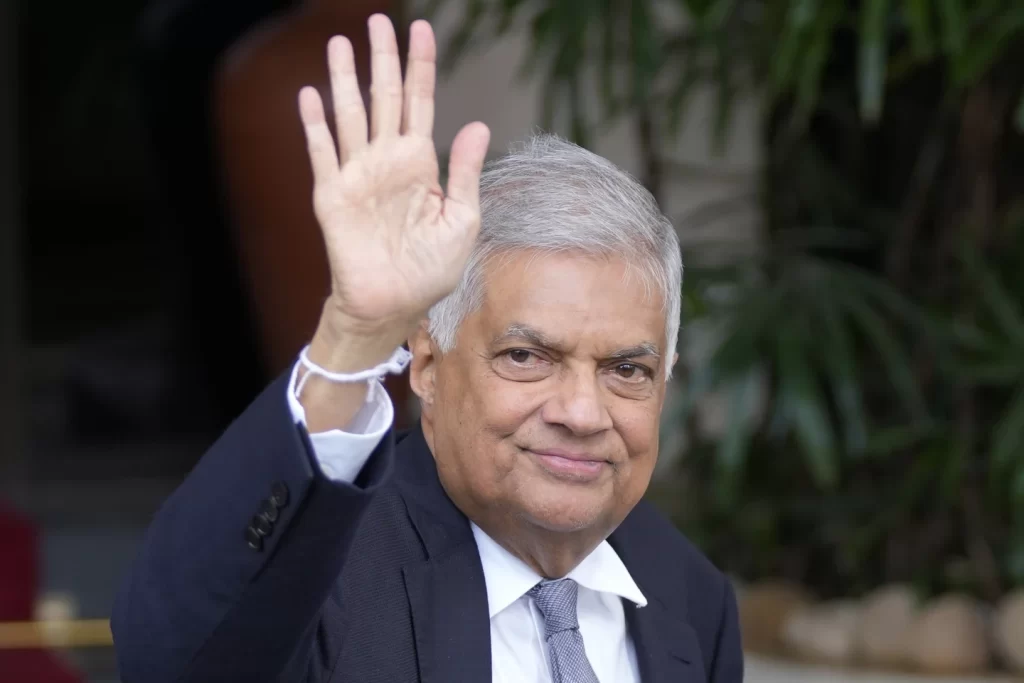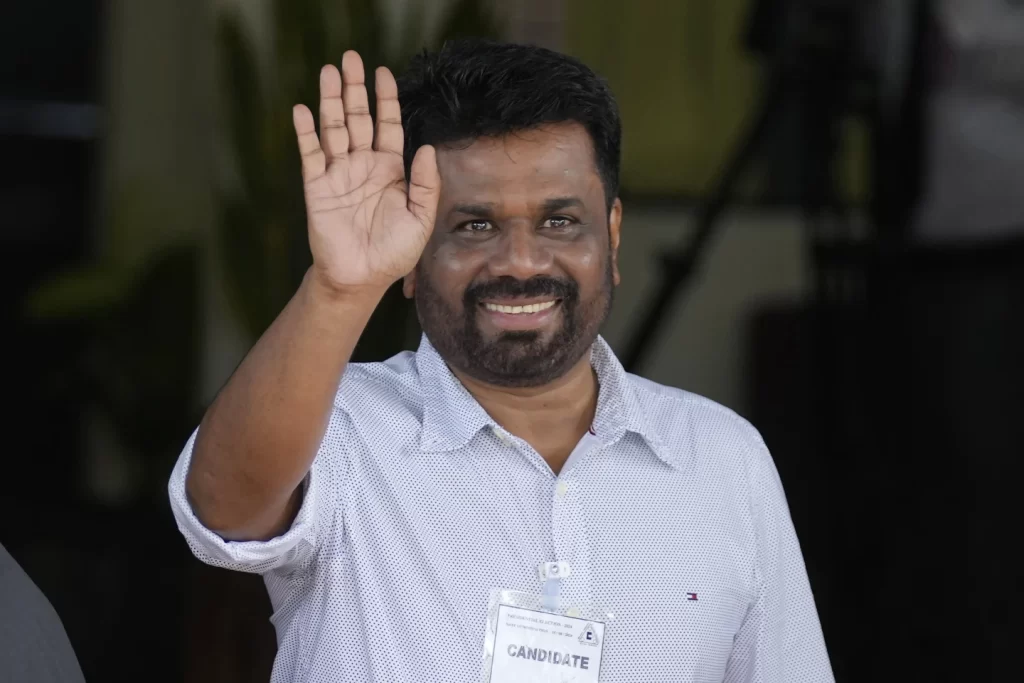Sri Lanka’s Elections Commission announced on Thursday that a record 39 candidates have applied to run in next month’s presidential election. The election is expected to significantly influence the future of the nation’s financial reforms, as the country battles an unprecedented economic crisis.
The head of the commission, R.M.A.L. Rathnayake, confirmed that all 39 applications had been accepted. More than 17 million Sri Lankans are eligible to cast their votes in the election, scheduled for September 21.

This election will have more candidates than the last presidential election held in 2019, which saw 35 candidates vie for the presidency. The upcoming vote is widely regarded as a referendum on the sweeping economic reforms introduced by the current president, Ranil Wickremesinghe.
While the reforms have shown some signs of improvement in Sri Lanka’s economic indicators, they have not yet translated into tangible relief for many of the country’s ordinary citizens.
Sri Lanka is currently undergoing a critical process of debt restructuring and financial reform as part of a bailout program initiated by the International Monetary Fund (IMF).
The country is grappling with unsustainable debt levels, a balance of payments crisis, and the lingering economic effects of the COVID-19 pandemic. Furthermore, the government’s decision to spend its limited foreign reserves to artificially prop up the rupee has exacerbated the crisis, leading to a severe shortage of foreign currency and essential goods, such as fuel, medicine, cooking gas, and food in 2022.

These hardships led to mass unrest and protests, culminating in riots that forced former President Gotabaya Rajapaksa to flee the country and resign from office. Parliament then appointed Wickremesinghe as president to serve out the remainder of Rajapaksa’s term.
Wickremesinghe is seeking re-election, promising to restore economic stability through ambitious reforms aimed at revitalizing Sri Lanka’s economy. He also aspires to mark Sri Lanka’s centenary of independence in 2048 with a stable and prosperous economy.
The country’s inflation rate, which had peaked at a staggering 70% two years ago, has shown some improvement but remains high, reflecting the ongoing economic challenges.
The upcoming election presents a crucial moment for the country as voters decide who will steer the nation through its most challenging economic times in decades.



